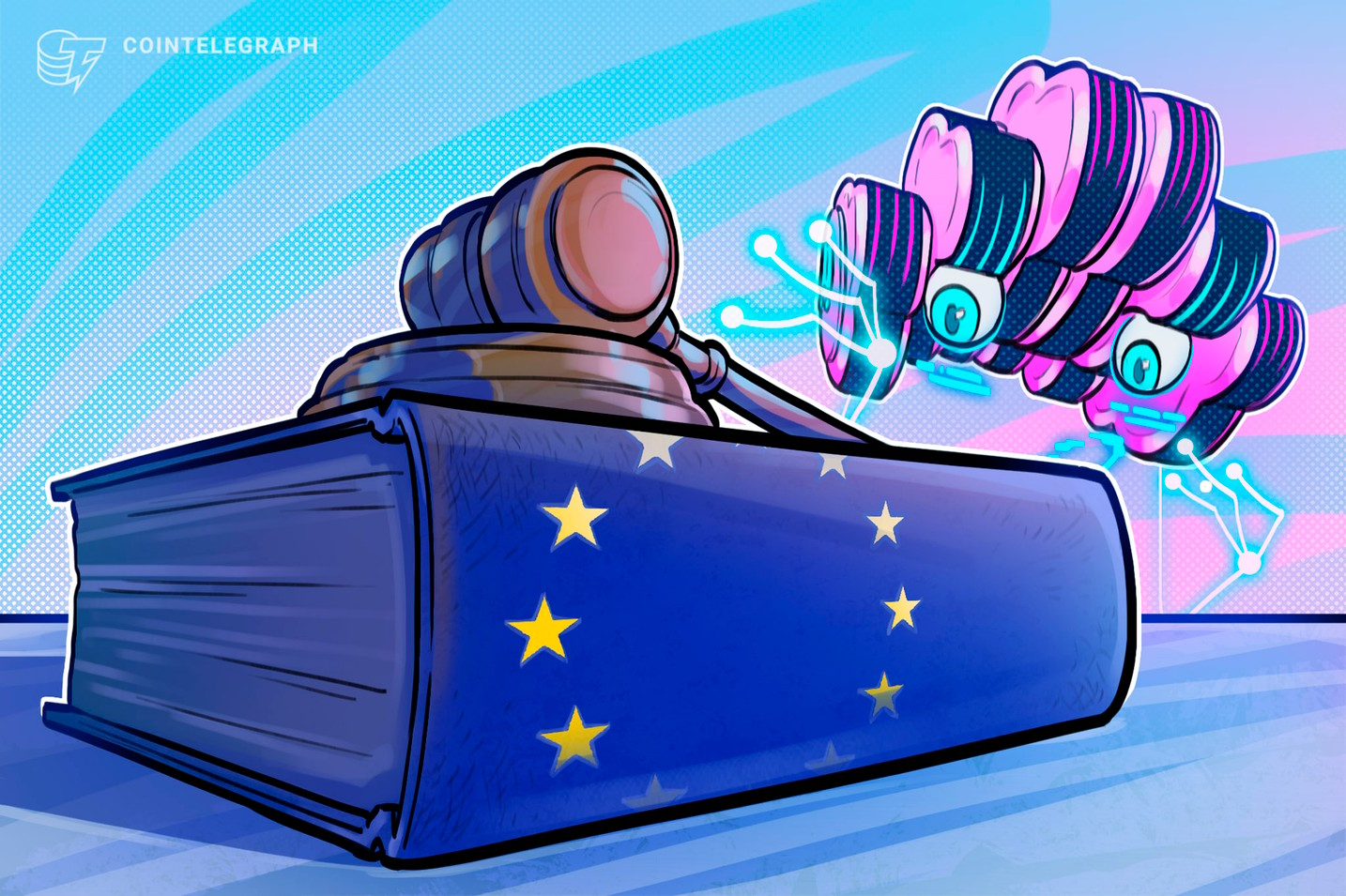The European Parliament has approved the groundbreaking AI Act in a resounding vote, marking a significant step forward in regulating the development and use of artificial intelligence within the European Union (EU). With 523 votes in favor, 46 against, and 49 abstentions, the Act is set to usher in a new era of responsible AI governance.
Industry applauds world-first legislation
An array of music industry organizations and groups representing other copyright industries have welcomed the outcome of the parliamentary vote. In a joint statement, they hailed the AI Act as “world-first legislation that regulates the development and use of artificial intelligence and sets an example for responsible AI governance.”
The Act is lauded for providing tools for rightsholders to enforce their rights, particularly in transparency and copyright concerning generative AI. Notably, it mandates obligations on providers of general-purpose AI to furnish detailed summaries of the works used for training their models, retain technical documentation, and demonstrate compliance with EU copyright law.
The AI Act holds significant implications for the music industry regarding transparency and copyright in generative AI. Music companies assert that tech entities must obtain permission before utilizing existing music to train generative AI models. Additionally, they advocate for clear disclosure of the data used in the training process.
Both copyright owners and the tech sector engaged in rigorous lobbying efforts to shape the final wording of the Act throughout the preceding year. Following agreements reached in December and subsequent approval by EU member states, the Act has now garnered parliamentary support. However, attention has shifted towards lobbying to implement key components, particularly transparency obligations.
Next steps and industry calls for action
With the AI Act poised to come into force in May, the focus now shifts to the practical implementation of its regulations. The joint statement issued by copyright industries emphasizes the importance of ensuring that the rules are enacted meaningfully and effectively and aligned with the objectives of the regulation.
The European Parliament is urged to continue supporting the development of responsible and sustainable AI by facilitating the practical enforcement of the Act’s provisions. Key to this is formulating a template for the sufficient information that AI model providers must disclose, with active involvement from creative sectors and rightsholders in its drafting.
The passage of the AI Act by the European Parliament represents a significant milestone in the regulation of artificial intelligence within the EU. Its emphasis on transparency and copyright in the context of generative AI reflects a proactive approach to addressing emerging challenges in the digital landscape.
As stakeholders prepare for the Act to take effect in May, the focus will be on translating its provisions into practical measures that uphold the principles of responsible AI governance. With continued collaboration between policymakers, industry representatives, and rightsholders, the EU is poised to set a global standard for the ethical development and use of artificial intelligence.





